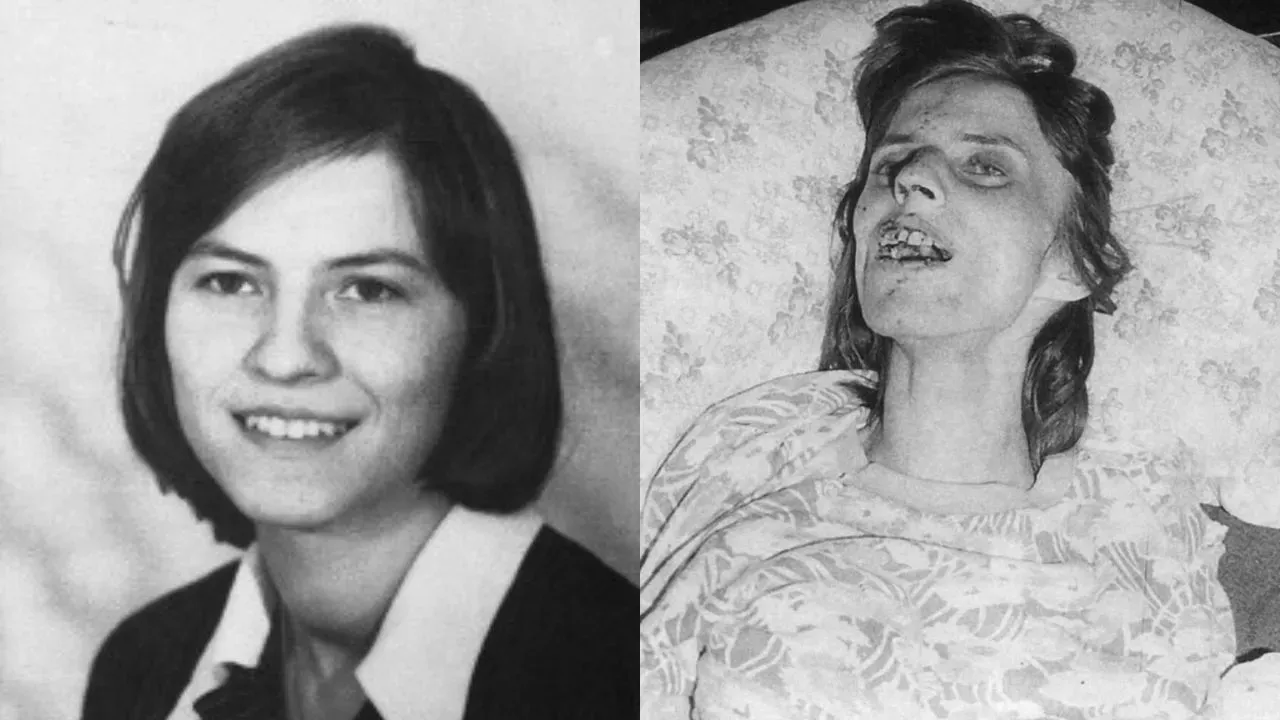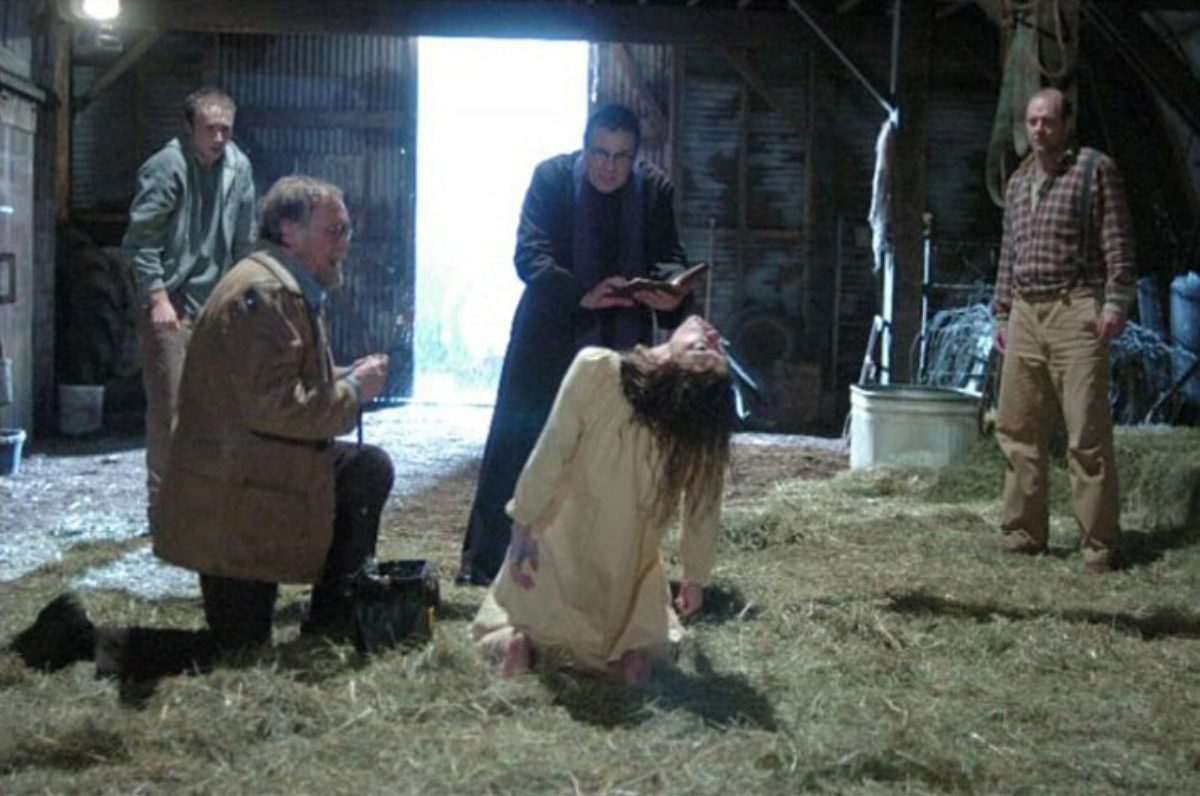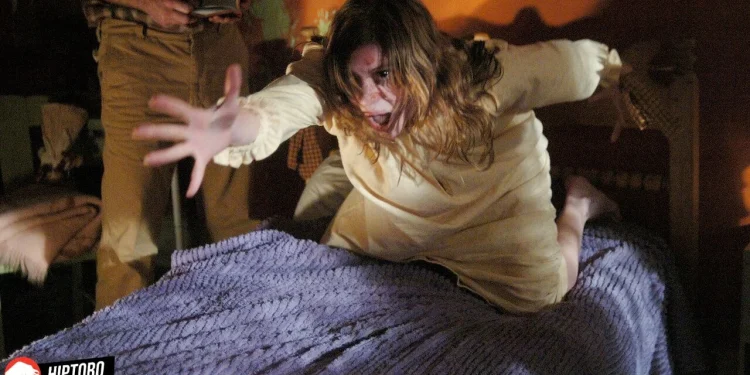When the horror movie “The Exorcism of Emily Rose” hit theaters in 2005, audiences were captivated by its chilling portrayal of demonic possession. However, the true story that inspired the film, the life of Anneliese Michel, is even more harrowing and heartbreaking than its cinematic counterpart.

The Exorcism of Emily Rose Marked by Suffering and Spiritual Turmoil
Born into a devout Catholic family in Germany, Anneliese Michel’s life was steeped in religious practices from an early age. However, what seemed to be a pious upbringing took a dark turn when Anneliese began experiencing unexplainable trances and blackouts at 16. The situation escalated with her hospitalization for tuberculosis, after which she reported hearing voices, marking the onset of her unimaginable ordeal.
As her condition worsened, Anneliese began suffering from epileptic seizures and terrifying hallucinations, including seeing “devil faces.” Her mental state deteriorated to the point where she believed she was possessed by demonic forces, leading to behaviors such as licking urine from the floor and stripping naked, actions that deeply disturbed those around her.
The exorcism of Emily Rose.
(2005))
10/31. pic.twitter.com/xXNcbgvDul— Boudica (@RenataCelt) October 11, 2023
The Controversial Decision to Perform Exorcisms
In a desperate bid for relief, Anneliese underwent 67 exorcisms, starting in September 1975. These intense sessions often involved physical restraint and lasted for hours, yet failed to bring her any solace. Witnesses to the exorcisms reported Anneliese speaking in multiple voices, claiming to be possessed by several demons. Despite the clergy’s efforts, Anneliese’s health continued to decline, culminating in her tragic death from malnutrition and dehydration in July 1976.

The Aftermath: A Tragic Confluence of Faith and Mental Illness
The aftermath of Anneliese Michel’s death saw her parents and the priests involved in the exorcisms convicted of negligent homicide. They received suspended sentences, a verdict that did little to quell the controversy surrounding the case. Anneliese’s story has since been a subject of intense debate, with many attributing her experiences to untreated mental illness rather than demonic possession.
The real-life tragedy of Anneliese Michel raises profound questions about the intersection of faith, mental health, and the limits of religious intervention. Her story, while forming the basis for a successful horror film, serves as a somber reminder of the potential consequences of misinterpreting mental illness as spiritual affliction.
In remembering Anneliese Michel, it’s crucial to acknowledge the complexities of her ordeal and the tragic outcome of her struggle. While “The Exorcism of Emily Rose” brought her story to a global audience, the true narrative of Anneliese’s life is a poignant testament to the need for understanding and compassion in the face of mental health challenges.










